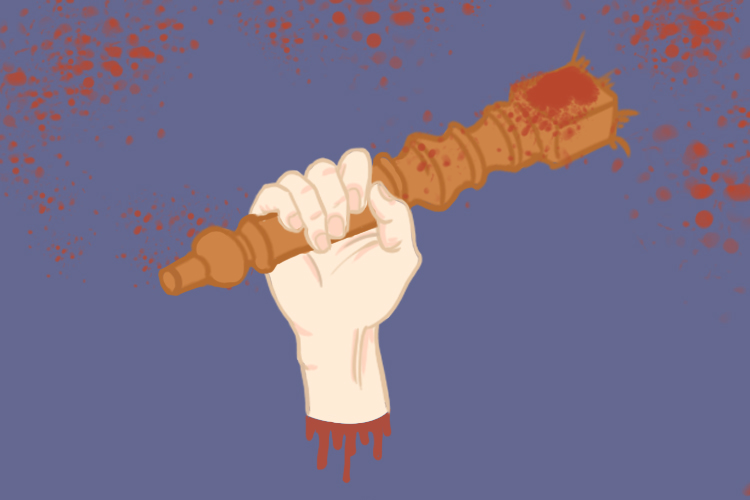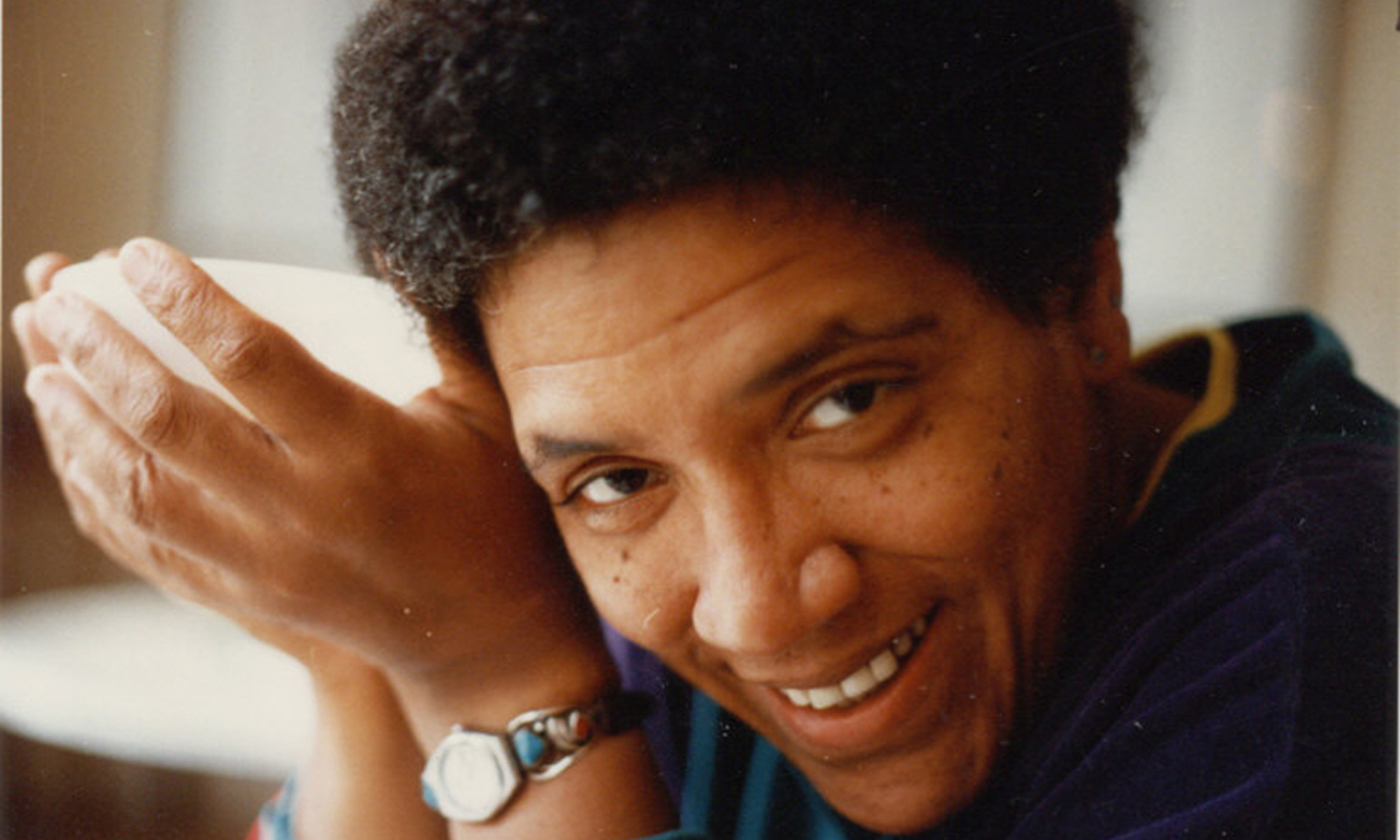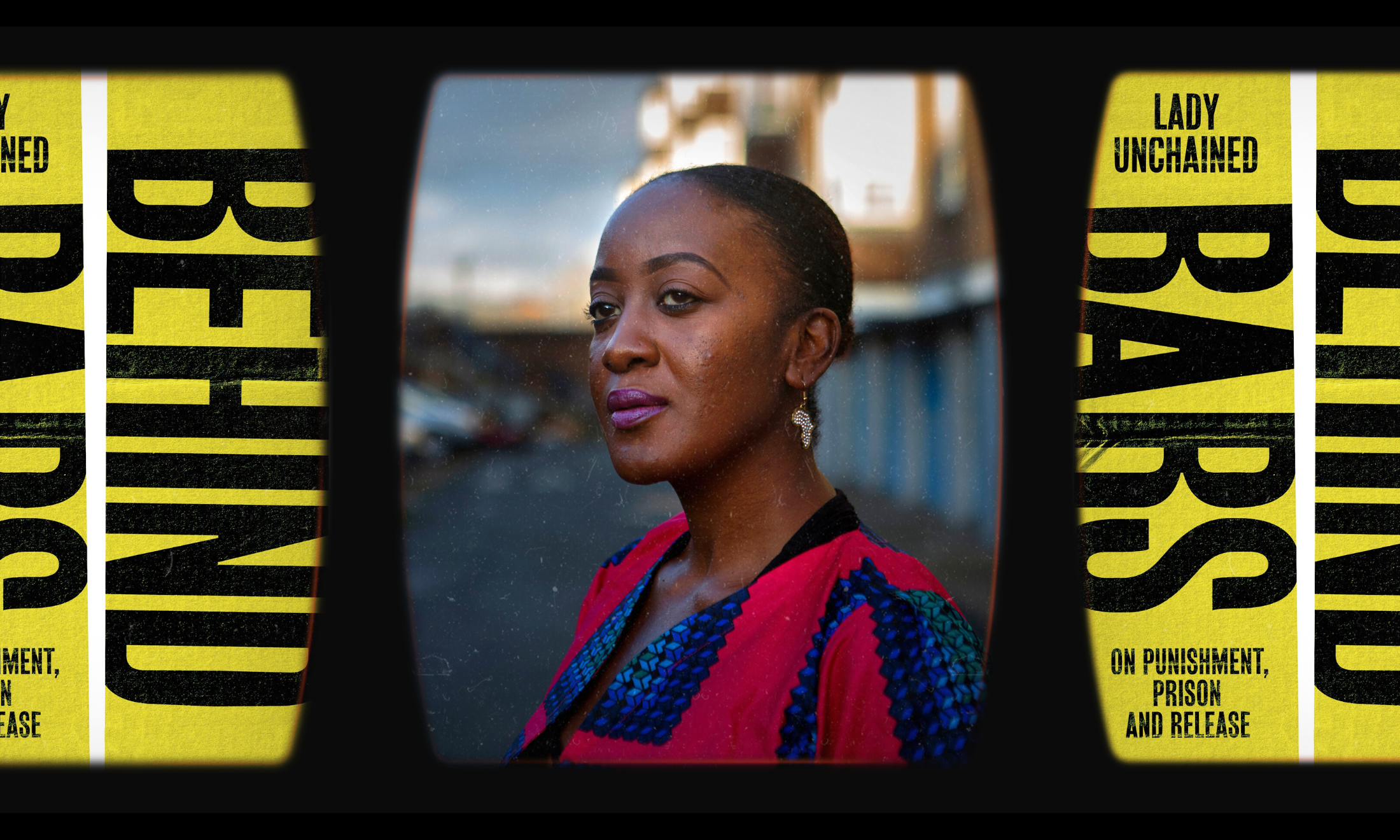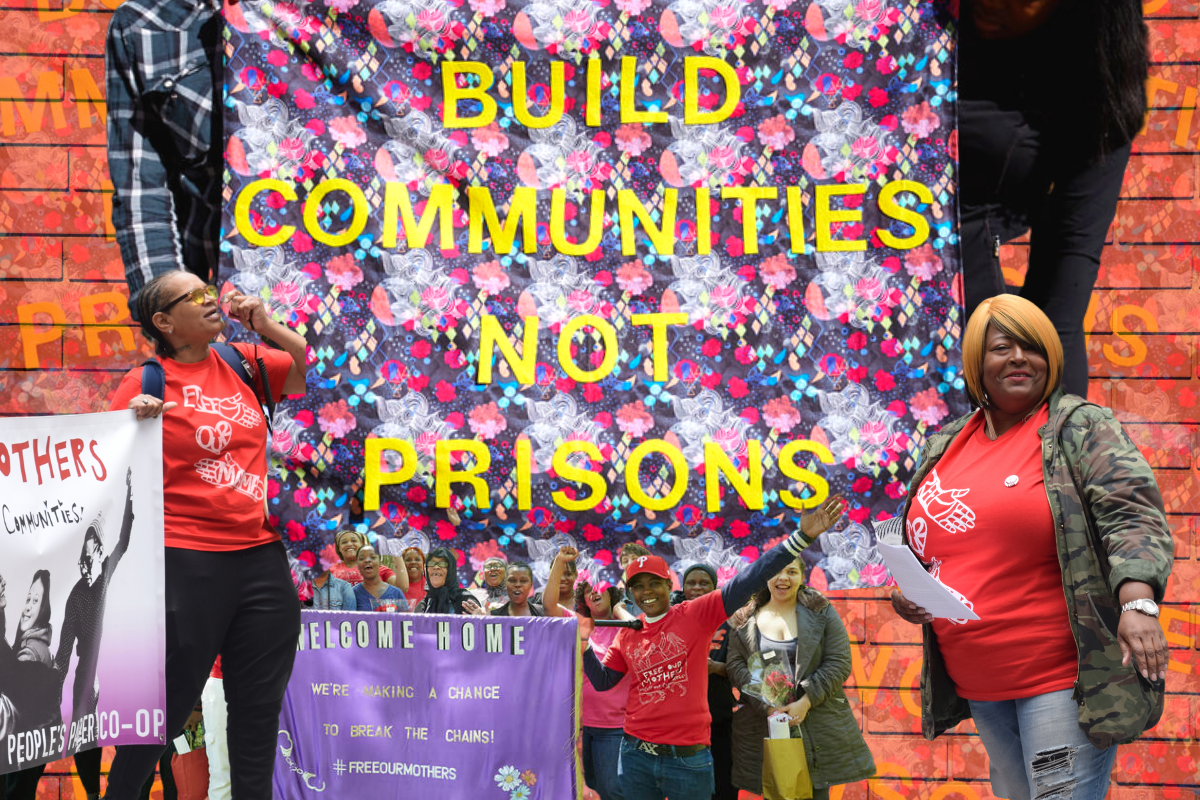
Zahid Mubarek was a teenager from London, born in 1980. He was one of few children in a close-knit family that lived in Walthamstow, east London after his family migrated to England from Pakistan. In school, Zahid was really good at art and excelled at playing sport. As a teenager, Zahid fell into trouble with the authorities. Nobody in his family – apart from a distant cousin – had ever been in trouble with the police. One day, 19-year old Zahid stole a packet of razors from a shop and received 90 days’ detention in a youth offender institution. He spent the whole 6 weeks at Feltham Young Offenders’ Institution in west London.
Like many young men who are incarcerated, Mubarek wrote to his parents and told them that he was going to change his life, that he would not let them down. He was looking forward to leaving. He mentioned that he thought his cellmate, Robert Stewart, held racist views and asked to be moved cells.
Mubarek had been moved on the 8th February 2000, put into a double cell with someone called Robert Stewart because of overcrowding at Feltham. On Mubarek’s last night in the prison in late March, Stewart was up late unable to sleep. Mubarek asked that he turn the light off and Stewart threw a pair of underwear over the lamp. At 3:35am, Robert Stewart took a severed leg from a table and repeatedly struck Mubarek on the head. Stewart hit Mubarek between seven and eleven times. He waited patiently for prison officers to arrive, and after Mubarek was taken to hospital, took off the heel of his rubber shoe. He etched a swastika into the wall, going to scratch out “Manchester just killed me padmate, RIP OV M1CR”. Zahid Mubarek died on 21st March. He was killed just hours before he was due to be released.
“Zahid Mubarek died on 21st March. He was killed just hours before he was due to be released”
When police officers arrived, Stewart was put into a separate cell where he subsequently washed off all blood before forensic teams were able to gather evidence. Mubarek later died at Charing Cross Hospital in west London at the age of 20 years old.
The Home Office originally articulated that a public inquiry wasn’t necessary, that the original prison investigation and police investigation had sufficed, but his parents disagreed. They wanted to know how Zahid was put in a cell with Stewart, who had exhibited extremely racist views and who had been diagnosed as a psychopath during criminal proceedings.
Four years later, the inquiry was eventually held and became known as the Zahid Mubarek inquiry. It lasted six months and Nigel Giffin QC closed by commenting “there were as many as 15 occasions when prison staff…might have influenced the course of events if they had acted differently in response to the information they had.” While the Home Office resisted the inquiry before it started, there was little public resistance once it had started.
“It’s been over 18 years since Mubarek was killed”
It’s been over 18 years since Mubarek was killed. There were dozens of recommendations in the Zahid Mubarek inquiry, where it was written that issues such as overcrowding and staff shortages “permeated every aspect of life in Feltham”. Those two topics were listed as core problems at the institution, like industrial relations, race relations and investment. The overcrowding hasn’t changed; the British prison system has been overcrowded every year since 1994. One in four prisoners were held in overcrowded accommodation from 2015-2016, according to the Prison Reform Trust. The Trust also found that in 2015/2016 those overcrowded prisoners were subject to doubling up in cells, putting two people in a cell created for one. That’s how Zahid was put with Robert. The UK imprisons a higher proportion of its population than any other western European state.
In 2005, it was revealed that a whistleblower called the Racial Equality Commission and explained that prison officers put prisoners together in cells and took bets on how long it would be before an assault took place. The game was (perversely) called “coliseum” or “gladiator”. The anonymous call that flagged this to the Racial Equality Commission was recorded with Duncan Hayes (former officer at Feltham), who commented that “I am no bleeding heart, but this kid was murdered for other people’s perverted pleasure”. These claims were obviously refuted in court by the institution. The conditions that directly caused and contributed to Mubarek’s murder have become exacerbated over the past 18 years: overcrowding, racism, and the burgeoning War on Terror affecting racialised groups in the United Kingdom – to name a few. The conditions that laid the path for Mubarek’s death are not only still present, but have been further amplified since he was murdered.
“The conditions that laid the path for Mubarek’s death are not only still present, but have been further amplified since he was murdered”
In Are Prisons Obsolete? critical race theorist and feminist Angela Davis writes that “prisons relieve us of the responsibility of seriously engaging with the problems of our society, especially those produced by racism, and, increasingly, global capitalism”. Black people are more overrepresented in British prisons than American prisons, as are Muslims and people of colour. Prisons relieve of us of discussing white supremacy, racism, violence and global capitalism: and now we live in a society where private prisons and prisons for profit incentivise the incarceration of young men in the UK. To quote Akala, it’s “prison for profit, so when your kids go jail people make money off it: so keep environments that breed crime, and build more jails at the same time”: can we trust the UK government to address institutional racism given the commodification of people of colour in the prison industrial complex?









